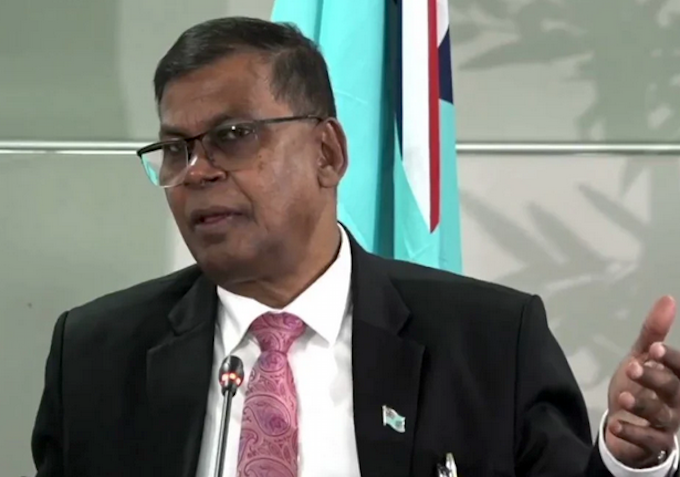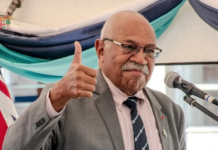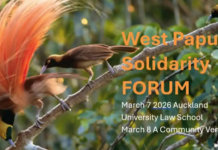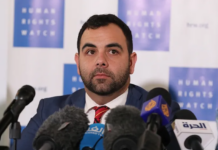
By Don Wiseman, RNZ Pacific senior journalist
Fiji’s Deputy Prime Minister Biman Prasad has told an international conference in Bangkok that some of the most severely debt-stressed countries are the island states of the Pacific.
Dr Prasad, who is also a former economic professor, said the harshest impacts of global economic re-engineering are being felt by the poorest communities across this region.
He told the conference last month that the adaptation challenges arising from runaway climate change were the steepest across the atoll states of the Pacific — Kiribati, Tuvalu and Marshall Islands.
Dr Prasad said at no time, outside of war, had economies had to face a 30 to 70 percent contraction as a consequence of a single cyclone, but Fiji, Vanuatu and Tonga had faced such a situation within this decade.
He said the world must secure the Sustainable Development Goals (SDGs).
“There is no Plan B. The two options before the world are to either secure the goals, or face extreme chaos,” he said.
“There is nothing in the middle. Not this time.”
Extreme chaos risk
Prasad said there will be extreme chaos if the world went ahead and used the same international financial architecture it had had in place for years.
“And if we continue with the same complex processes to actually access any grant funding which is now available, then we cannot address the issue of this financing gap, as well as climate finance — both for mitigation and adaptation that is badly needed by small vulnerable economies.”
More and more Pacific states would approach a state of existential crisis unless development funding was sorted, he said.
Dr Prasad said many planned projects in the region should already be in place.
“We don’t have time on our hands plus the delay in accessing financing, particularly climate resilient infrastructure and for adaptation — then the situation for these countries is going to get worse and worse.”
He wants to “decolonise” aid, giving the developing countries more control over the aid dollars.
More direct donor aid
This would involve more donor nations providing aid directly into the recipient nation’s budgets.
Dr Prasad, who is also the Fiji Finance Minister, has welcomed the budget funding lead taken by Australia and New Zealand, and said Fiji’s experience with Canberra’s putting aid into the Budget had been a great help for his government.
“It allows us, not only the flexibility, but also it allows us to access funding and building our Budget, building our national development planned strategy, and built in with our own locally designed, and locally led strategies.”
He said the new Pacific Resilience Facility, to be set up in Tonga, is one way that this process of decolonising aid could be achieved.
Prasad said the region had welcomed the pledges made so far to support this new facility.
This article is republished under a community partnership agreement with RNZ.










































